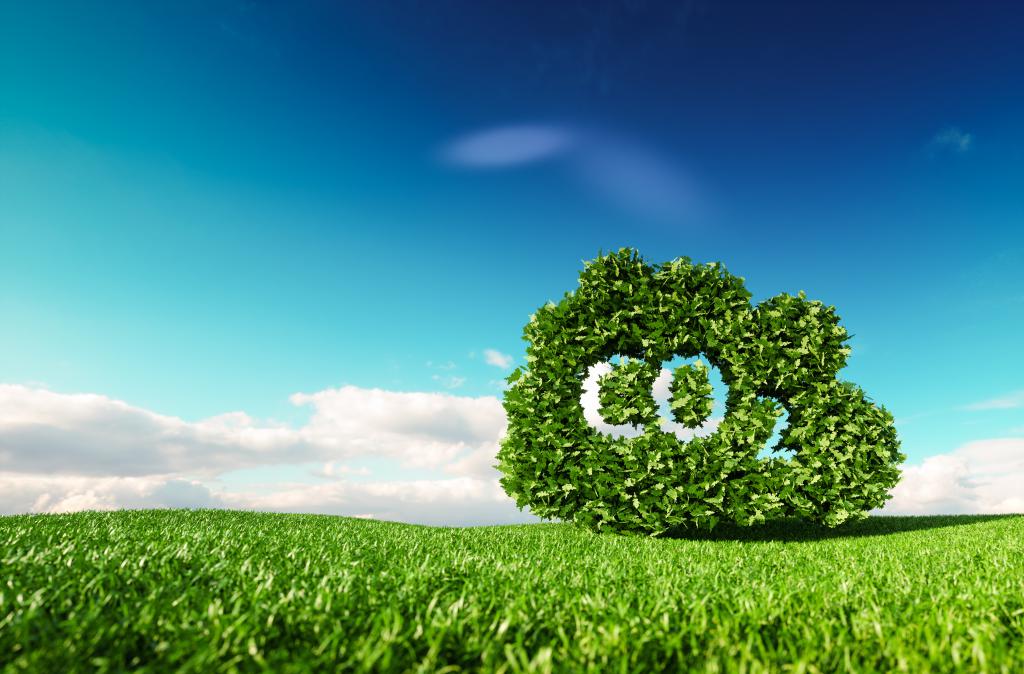Discussion on the new 2030 emissions targets was the main objective of the debate organised by Euractiv in cooperation with the Polish Electricity Association (PKEE). The meeting, attended by the European Union officials, Members of the European Parliament, as well as the representatives of research institutes, took place on the 17th of November 2020.
Michał Kurtyka, Minister of Climate and Environment who opened the event, emphasised that in light of the ongoing COVID-19 pandemic and its economic impact, the European Commission’s proposal on the 2030 target, as well as future effects on particular Member States, requires an in-depth analysis. - We are lacking this information as we do not know what an increased target means for the Member States, for regions, for sectors - he noted. - We do not want to enforce sweeping radical changes without the full view of the consequences. We rather want to introduce changes in a gradual, systematic manner, while taking into account their impact on society as a whole. We want to jump on this bandwagon, be a part of the change, in fact in Poland we are already doing a lot in this regard; however, we need to take into account the existing structure of the national energy system and the share of individual energy sources - he added. we do not know what increasing the reduction target will mean in practice for individual Member States, regions or sectors - he noted. - We do not want to push through radical changes without being fully aware of their consequences. It is better to introduce them gradually and systematically, while taking into account their overall impact on society. We want to join in common action, to be part of the change. In Poland we are actually already doing a lot in this direction. However, when discussing a possible increase in reduction targets for 2030, we must take into account the current structure of the national energy system and the share of individual energy sources in it. – he added.
During the high-level panel, its participants - Clara de la Torre, Deputy Director General in European Commission DG CLIMA, Morten Petersen MEP and ITRE Committee Vice-Chair, Robert Jeszke, Head of Strategy, Analysis and Auction Unit at IOŚ-PIB/KOBiZE, LIFE Climate CAKE PL Project Coordinator and Paweł Cioch, PGE’s Group Vice-President, Member of the Management Board of the PKEE, discussed what are the assumptions of new 2030 emission targets regarding the electricity sector and how is decarbonisation expected to happen. Moreover, the debate focused on how the electricity sector may finance the transition.
Vice-President of PGE Group, Paweł Cioch who represented the Polish Electricity Association in his capacity of the Member of the Management Board of the PKEE has stressed that at this moment, we are in the middle of a discussion on how new 2030 climate targets would be set as a milestone to deliver climate neutrality of the EU by 2050. - These policies will definitely and undoubtedly change the landscape of business activities of most of the EU economies and the way how the biggest utilities will operate in the coming years. However, the expected increased GHG reduction target for 2030 to at least 55% will be a huge challenge for the whole European Union - he clarified. These policies are fundamentally changing the landscape of doing business in the European Union, including, most importantly, how major energy companies will operate in the coming years. Without a doubt, the likely increase in the 2030 greenhouse gas emissions reduction target to at least 55% will be a huge challenge for the Union as a whole - he explained.
Deputy CEO Cioch has also pointed out that the Commission’s Impact Assessment properly identifies that in the short-term perspective the electricity generation sector can deliver the highest commitment, namely the reduction of emissions by 76.1% in the most ambitious scenario. Therefore, the main investment stream should be dedicated to the energy transition. - The principle of a just and fair transition must be the guidance in creating financial instruments supporting its implementation. The current funding is far insufficient. We have to find a way to cover these expenses - he stressed. The principle of a just transition should guide the creation of any financial instruments to support the implementation of European climate policy objectives. Current funding is clearly insufficient. We need to find a way to cover the costs associated with the increased demand for investment - he stressed.
The Member of the Management Board of the PKEE has also pointed attention to the fact that the overall impact of the 2030 target on the sectoral measures depends on the enabling framework. - We strongly believe that any distributional effects of the new target should be addressed with the forthcoming EU ETS revision - he said. - What should be directly stated by the European Council in December this year is that proportionally to the new commitments, the ETS Directive review in 2021 has to increase the number of allowances dedicated to the Modernisation Fund and the share of allowances dedicated to the “solidarity pool” to effectively address the challenges ahead - he explained. In our view, the forthcoming revision of the EU ETS Directive should include all compensation mechanisms arising from the new target – he said. - At the December meeting A clear declaration should be adopted by the European Council that the 2021 revision of the EU ETS Directive will include provisions to increase the number of emission allowances allocated to the Modernisation Fund and the solidarity pool in proportion to the new commitments, so that future challenges can be met effectively - he explained.
More information:
Warsaw says ‘further analysis needed’ before EU’s 2030 climate target can be agreed: https://bit.ly/3328X3i Landing page: https://events.euractiv.com/event/info/meeting-the-new-2030-emissions-targets-how-do-we-get-there
Event page: https://events.euractiv.com/event/info/meeting-the-new-2030-emissions-targets-how-do-we-get-there
Video: https://www.youtube.com/watch?v=WCOPOdRSe9I&feature=youtu.be

